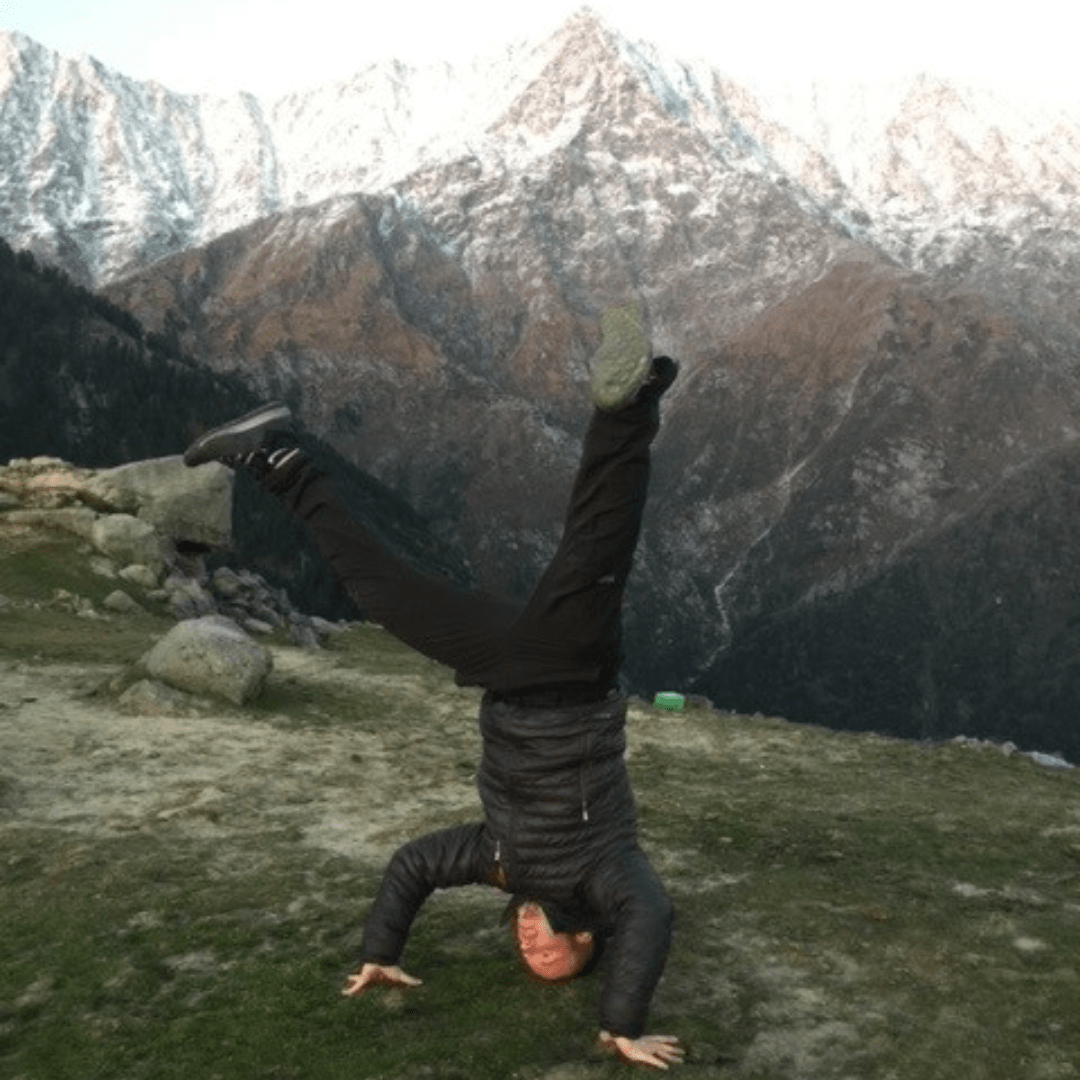How fun is fun, and are there really three types?

I promise that the purpose of this content isn’t to write fun as many times as possible so that every time we read the word ‘fun’, it sounds weird. But that would be a type of fun right?! Who’s to say it is isn’t? Perhaps knowing that I had achieved such an accolade would give me a deep lying sense of fulfilment that would give me a warm fuzzy feeling inside and help me sleep better at night. Probably not though!? But maybe, just maybe, for someone out there that would tick some boxes and satisfy the threshold they needed to be determined as fun. After all that’s the beauty of fun – and who has the right to say what is and isn’t?
Without doubt whether something is fun or not can only be determined from the perspective of the person experiencing whatever activity it is that triggers a fun response. The word fun is subjective and what we do or don’t find fun makes us who we are as individuals as much as our choice of clothes, our choice in music or what we like to eat. But of course, much like any of these things we can find some sense of commonality with others who enjoy the same things and therefore be able to share that fun with them.
Dictionary definitions of fun include phrases such as the feeling of enjoying yourself, doing activities that you enjoy and light-hearted pleasure, enjoyment, or amusement. None of which really reflect the undertaking of an adventurous activity or challenge event. If I took for example hiking in the mountains, how can it possibly be fun to do something which causes you to potentially endure ‘suffering’ by being in all likelihood, wet, exhausted, cold, and aching? Can we honestly say that it’s fun?

Whilst most who undertake these types of activities find themselves in these moments searching for some justification as to why they are putting themselves through it and often appeasing themselves with distant hope that the cloud will break away and the views will make it all worthwhile, this doesn’t always happen. So why do we put ourselves through it? If you asked anyone who has done it whether they had fun being halfway up a mountain in driving rain and poor visibility or even in good weather when they’ve been trekking for ten hours and still have two to go the answer should be no and that’s because for sure on paper at least, it isn’t!
So, whilst all of what I have written so far may seem as obvious as the fact that I have used the word fun too much already. Something that is perhaps slightly more obscure is whether it is possible that doing something which isn’t enjoyable can be defined as fun? Whether it’s an adventure or challenge you are undertaking on an individual basis, with a group of work colleagues or friends, interestingly, the answer to this question is an unequivocable… YES! And here’s why…
Luckily, there is a much broader definition of fun that better fits the type of adventures that we are talking about – ‘the fun scale’. Created In 1985, by geology professor and mountaineer Rainer Newberry, it was passed from one friend to another until it became a frequently used phrase in the outdoor adventure sector. Newberry’s fun scale consists of three different types of fun:
Type 1
This is the type of fun that’s clearly enjoyable whilst it is happening. It’s a feeling that’s obvious. You may even find yourself saying things like “This is so fun”!
Type 2
These are experiences that aren’t fun whilst they are happening, but are certainly considered fun when you look back on them. That mountain you climbed where you were soaked wet through and in poor visibility the whole time or the National 3 Peaks that you did with friends where you weren’t sure it was even possible for your body to hurt that much!
Type 3
This type of fun isn’t fun… Ever. Not even when you look back on it. Something has gone seriously wrong if you are using this classification. We should probably question the need for this classification on the basis that it isn’t a type of fun at all!
So, what are the benefits of being aware of the fun scale?
Can we use this information to help shape our own adventure experiences or those we may be planning with or for others? To some extent we can…
As we explored in the opening paragraph fun is a highly individual response to specific activities. After all, one person’s Type 2 fun might be someone else’s Type 3! Whilst it’s impossible to plan for fun (even if we booked some entertainment halfway up a mountain!). It is possible however to make fun more likely to occur simply by ensuring that you have carefully considered the activity you are undertaking, and the people involved. Essentially, you need to take control of what you can to avoid the risk of ending in disaster for one or all of those involved.
For me this all comes down to a few key points that should be addressed when planning your adventure:
People
What type of people are taking part in the activity? Are they the right people for the activity and is the end goal within their reach? Could the activity be a step too far? Is there a contingency and at what points is this put into action? Have you given due consideration that some people may not wish to continue with the activity once they have reached their threshold? How will you know when that is? Have you provided the ability to opt out at specific points?
Setting expectations
Whilst we all want people to get on board with our ideas of adventure or challenges that we want to complete its important that there is some honesty and transparency in the information that’s provided surrounding the level of difficulty and what the experience is going to be like. The ability to convey the Type 2 fun description to others is a powerful way to explain what others may be letting themselves in for. By doing so this sets a level of expectation and mitigates against the “you never told us it would be this hard” type complaints that can really begin to bring down the morale of a group or leave people with a sour taste in their mouth after the event.
Being prepared
In some ways being prepared reduces the chances ending up in that dreaded Type 3 fun scenario. Simple tasks such as ensuring the weather forecast has been checked and understood and those taking part have got the appropriate kit and clothing can make a massive difference to the experience. Don’t underestimate the value of using professional guides or support teams for your experience that can offer a certain level of reassurance in terms of looking after you or a group.

It’s fair to say that none of the above is rocket science but it does pose further questions around how often as individuals, event organisers and leaders we take the time to pause and reflect on the significance of our experiences or those we provide for others. Are we having fun? Did I have fun at the time or was it only fun after? What type of fun am I having, or did I have? Did I have different types of fun at different times? If so, why? What made the fun bits fun? What can I do to repeat those successes or avoid repeating the same mistakes? Perhaps by asking these questions to ourselves or asking them of others during the activity it’s entirely possible to have an experience with bits of Type 1,2 and 3 fun?
The conclusion to all of this is perhaps that fun operates on a continuum during our experiences. An ever-changing sliding scale between Type 1 & 3 that dances to the sound of our inner thoughts and self-evaluation with a conductor and orchestra of environmental factors that our outside of our control determining the tempo of each move. In the end, maybe our perception of fun just provides an overall rating upon completion, with too much or too little of one type determining the final rating? Ultimately, its whatever you want it to be; after all, one thing we can agree on is that fun is both personal and subjective.
So, whilst I have used the word fun 47 times and for now to me at least it has lost all meaning (turns out, there’s a name for it: semantic satiation (but I won’t talk about that now!). I think it’s fair to say that the writing of this insight doesn’t require me to consider where in Newberry’s fun scale I might rate it! All I can hope however, is that you as the reader draw the same conclusion and don’t consider the time you’ve just spent reading as Type 3!
Thinking of heading off on a UK mountain adventure visit www.hiremountainguides.com to find a guide(s) to support you and your group.
If you’re organising a type 2 fun event and need some additional support, just click the button below to get started!
